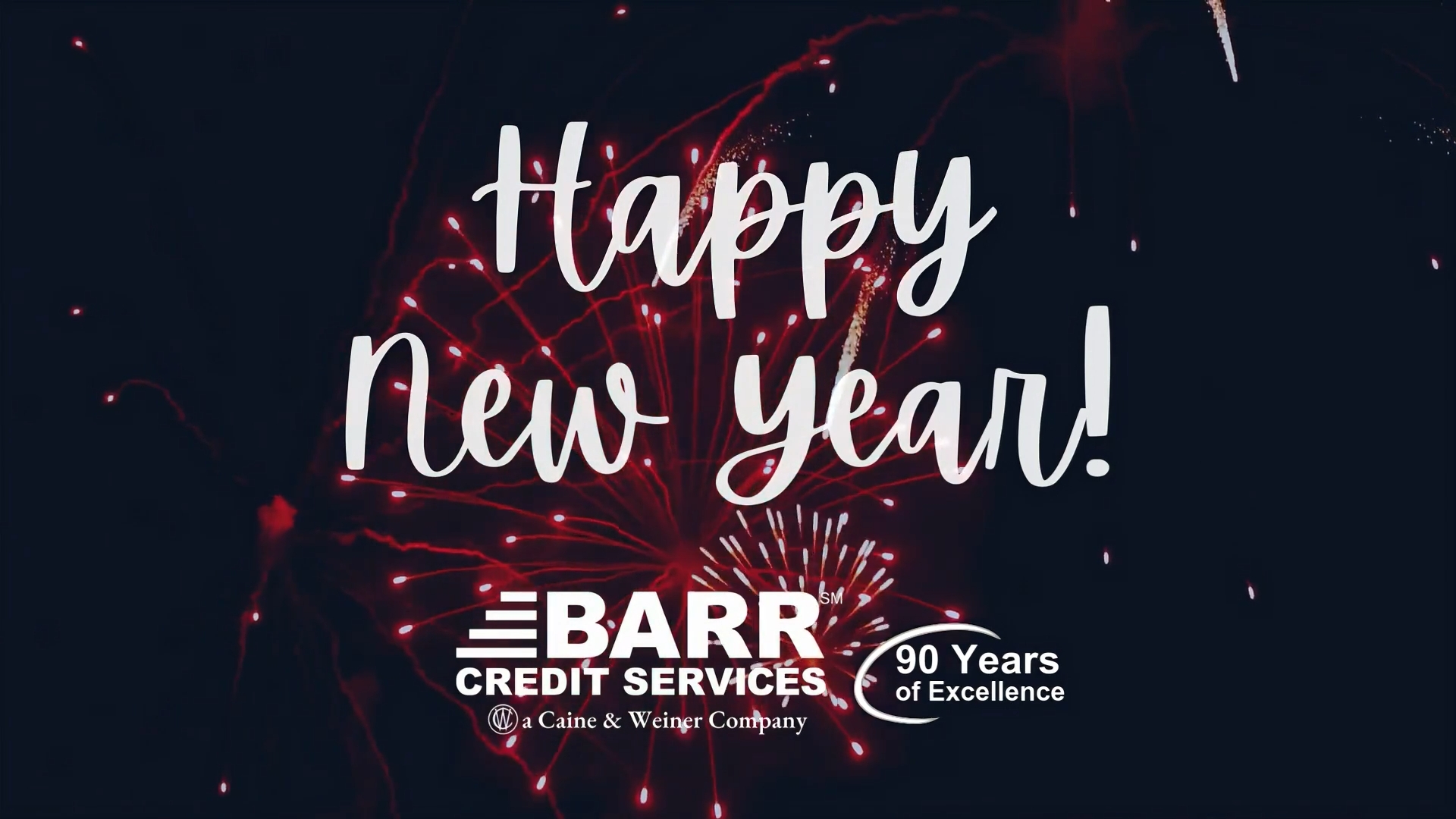Check Fraud and Other Payment Scams

Protect Yourself from Payment Scams
Do people still write checks?
It seems that few customers use paper checks these days, so it may surprise you to learn that check fraud is actually on the rise. In fact, according to the American Bankers Association, banks lost $1.3 billion to check fraud in 2018. And no business is immune.
Let’s look at some techniques that have been used to create the illusion of payment.
Fraud Techniques
- The debtor remits a check for the correct amount to the creditor, along with a copy (by fax or email attachment) of the reverse side of another check from a previous payment (as “proof” that the check had previously cleared the creditor’s bank).
- The debtor sends a copy of the reverse side of a payment check which includes several unrelated processing numbers, suggesting the check has cleared.
- The debtor sends a copy of a wire transfer application, which displays elaborate but hard-to-read confirming bank seals.
- The debtor sends a copy of a check for which the payable name is slightly different, creating the appearance of improper processing on the creditor’s end.
How to Spot a Bad Check
When examining a paper check, look for these common warning signs. (Bear in mind, however, that one sign does not necessarily indicate fraud.)
- Missing bank or routing numbers, or a routing code that doesn’t match the bank address.
- Missing or handwritten address.
- Ink feels raised or looks shiny.
- Missing bank name.
- No perforated edge on personal check.
- Bank name or address misspelled.
- Missing or irregular-looking signature.
- Check information appears to have been erased or altered.
- No (or low) sequence number on check.
An Ounce of Prevention
When accepting a paper check from a consumer:
- Check ID – Request two forms of identification, and then list them on the back of the check. Make sure the person writing the check is the person who owns the account.
- Look for security features, like a watermark or a padlock icon. It doesn’t hurt to place a quick call to the payer’s bank before you accept the check.
- Compare the signature on the check to the signature on the ID.
- Make sure the address on the check is current; write the phone number and DOB on the check, if this information is not already printed on the front.
- Never accept third-party checks, as these may be stolen.
- Ask for a residential address, if only a PO Box is listed on the check.
Companies in Upheaval
But check fraud isn’t the only payment scam you should look out for. Companies in upheaval are vulnerable to the ploys of individuals attempting to renege on a payment obligation.
For instance, when the person in charge of a company has left, sometimes a debtor may take advantage of the situation to create the illusion of payment. Here are a few examples, according to collection professional Lou Figueroa:
- A debtor changes the dates and content of emails to indicate certain agreements, discounts, etc., with the creditor.
- A debtor forges the signatures of people who left the creditor company, indicating certain agreements had been made.
- A debtor recreates purchase orders with different terms and conditions.
- A debtor forges documentation to indicate goods were returned.
- A debtor falsely announces an impending bankruptcy.
- A debtor forges letters from a law firm, indicating that the company is in receivership.
Once a customer has reached this level of fraud, Figueroa says, the best option is to litigate. It’s important to secure your interest before the debtor truly does go out of business.
Of course, the vast majority of your customers are honest, and even most bad check situations are innocent mistakes. But for those that aren’t, you have the right to protect yourself. Don’t be afraid to request another form of payment, for instance, if a paper check just doesn’t look or feel right.
We Can Help
But what if that ship has already sailed?
If you need help recovering funds paid to you with bad checks, contact the collection professionals at BARR Credit Services.
Our collection services include letter writing, personalized phone calls, skip tracing, reporting to national credit bureaus, and even legal recourse when necessary. And, of course, we never charge a fee unless we collect for you!
Sources:
Lou Figueroa, “What Some Debtors Do to Create the Illusion of Having Paid,” CreditBytes™ Newsletter, 2014.





